MercoPress. South Atlantic News Agency
Environment
-
Monday, December 22nd 2025 - 10:08 UTC
Uruguay and HIF reach agreement for green hydrogen complex
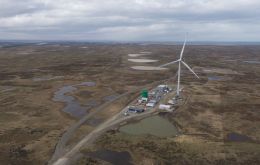
The Government of Uruguay and the multinational firm HIF Global have signed a Memorandum of Understanding (MoU) to develop a synthetic fuels project in the department (province) of Paysandú, representing a record-breaking investment of over US$5.3 billion.
-
Thursday, December 18th 2025 - 19:25 UTC
Falklands and South Georgia stand out in WOAH “Devastating Biodiversity Loss” report on HPAI
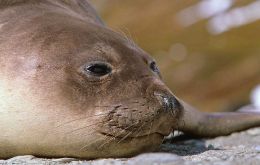
The World Organization for Animal Health (WOAH) has released a critical statement on the devastating impact of High Pathogenicity Avian Influenza (HPAI) on wildlife populations worldwide. The organization reports that the current panzootic is causing unprecedented ecological disruption and mortality rates across a rapidly expanding range of species.
-
Wednesday, December 17th 2025 - 14:06 UTC
No end in sight for São Paulo's water crisis

São Paulo, Latin America's most populous metropolitan area, is facing a historic hydrological crisis as three consecutive years of drought have pushed critical reservoirs to near-depletion. With the Jaguari-Jacareí dam —the primary source for nine million residents— dropping below 18% capacity, authorities have escalated contingency measures to prevent a total system failure.
-
Friday, December 12th 2025 - 10:00 UTC
Severe storms cause havoc in São Paulo

Millions were left without power, and air traffic around the airports of Congonhas and Guarulhos became chaotic after a massive blackout hit São Paulo for more than 24 hours following a severe extratropical cyclone that swept through the metropolitan area.
-
Wednesday, December 10th 2025 - 19:28 UTC
Scientists to research life in extreme cold seeps of the Argentine coast with MV Falkor

A team from the US based Schmidt Ocean Institute and its research vessel MV Falkor together with scientists from Argentina will undertake the first and most comprehensive visually guided study of Argentina’s cold seeps, beginning 14th December until 10 January 2026.
-
Wednesday, December 10th 2025 - 10:18 UTC
Argentina: Mendoza Province Senate approves copper mining project amid intense protests

The Mendoza Provincial Senate has given final approval to the Environmental Impact Statement (EIS) for the controversial PSJ Cobre Mendocino mining project, with 29 votes in favor, 6 against, and 1 abstention. The decision was reached despite massive protests due to fears of water contamination.
-
Tuesday, December 9th 2025 - 22:25 UTC
Killer sea sponge in deep Antarctic waters traps and devours live species
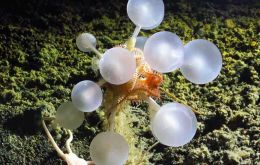
A team from The Nippon Foundation’s Nekton Ocean Census worked with Schmidt Ocean Institute’s ship Falkor to reach far beneath Antarctic waters, where they found/discovered and recovered, with the help of a robot submarine, a raft of sea bed species
-
Tuesday, December 9th 2025 - 21:58 UTC
Southern Brazil hit by extratropical cyclone
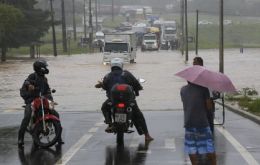
Heavy rainfall triggered by an extratropical cyclone battering Southern Brazil caused widespread flooding on Tuesday, turning streets into rivers and hillsides into waterfalls across Florianópolis, São José, Palhoça, and Biguaçu.
-
Sunday, December 7th 2025 - 18:27 UTC
South Georgia’s changing ocean currents affect the rich marine ecosystem
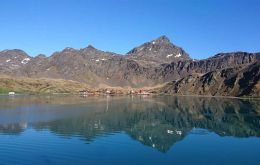
Scientists have uncovered how changing ocean currents in South Georgia's fjords could affect the survival of young mackerel icefish. The species is a key component of the island's rich marine ecosystem and is an important prey species for seals and penguins.
-
Saturday, December 6th 2025 - 09:45 UTC
South Georgia welcomes the UK/Oversea Territories’ biodiversity strategy
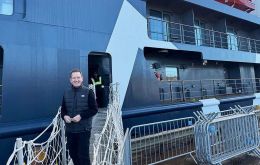
The Government of South Georgia and South Sandwich Islands, GSGSSI, welcomes the publication of the UK OT biodiversity strategy which reaffirms the commitment of the UK government to work with OT territory governments to conserve, protect, and restore biodiversity in the Overseas Territories and to champion the benefits of nature.
